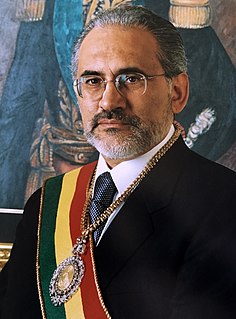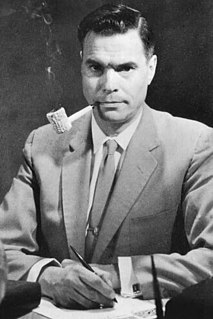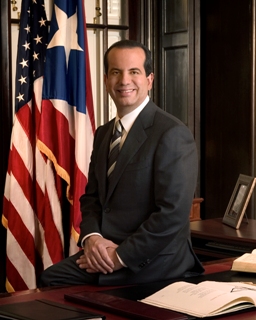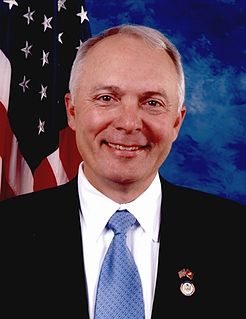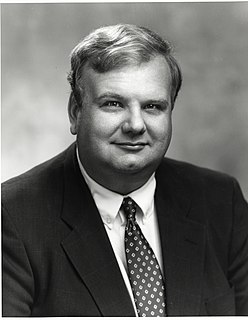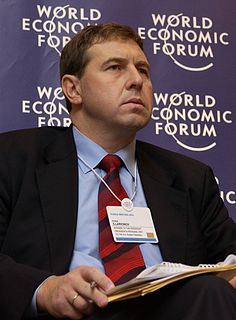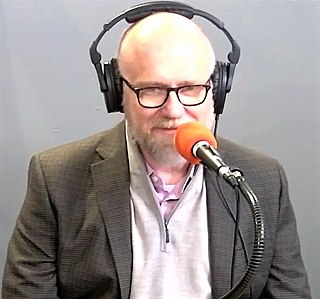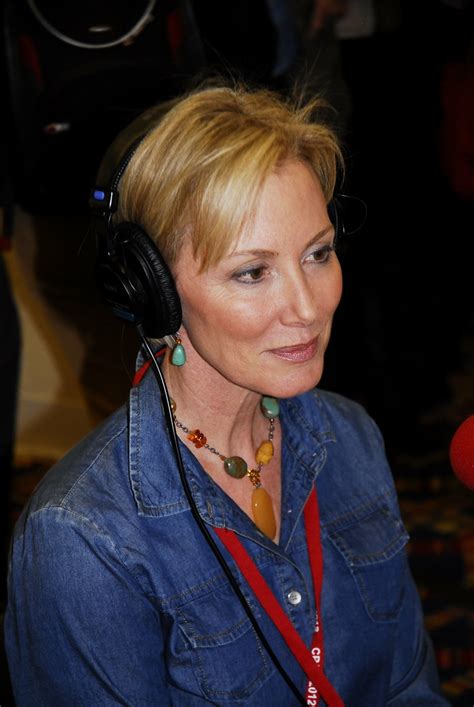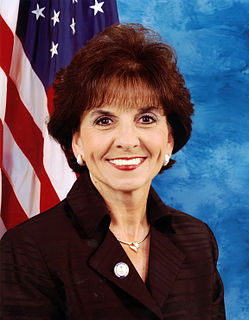Top 1200 Economic Reforms Quotes & Sayings - Page 5
Explore popular Economic Reforms quotes.
Last updated on November 24, 2024.
The term "rational" and its variants (rationality, rationalism) are used in a lot of contexts in economic debate, both positively and negatively, but nearly always sloppily or dishonestly. A specimen I've seen on more occasions than I can count is the line (usually presented with a sense of witty originality) "if you are opposed to economic rationalism, you must be in favor of economic irrationalism"... I've come to the conclusion that the word "rational" has no meaning that cannot better be conveyed by some alternative term and that the best advice is probably to avoid it altogether.
In view of the importance of philanthropy in our society, it is surprising that so little attention has been given to it by economic or social theorists. In economic theory, especially, the subject is almost completely ignored. This is not, I think, because economists regard mankind as basically selfish or even because economic man is supposed to act only in his self-interest; it is rather because economics has essentially grown up around the phenomenon of exchange and its theoretical structure rests heavily on this process.
Prostitution means sexual intercourse between a man and a woman aimed at satisfying the man's sexual and the woman's economic needs. It is obvious that sexual needs, even in a male dominated system, are not as urgent and important as economic needs which, if not satisfied, lead to disease and death. Yet society considers the woman's economic need as less vital than the man's sexual one.


